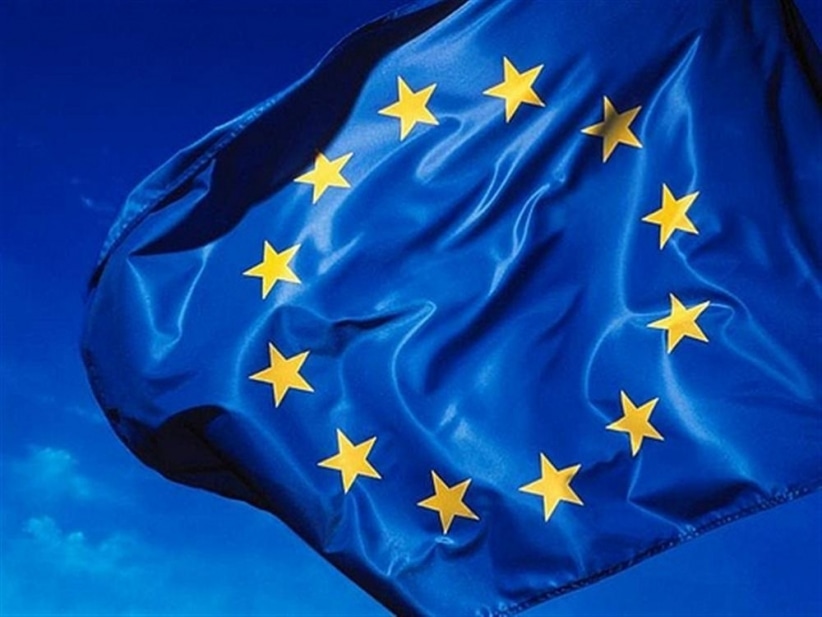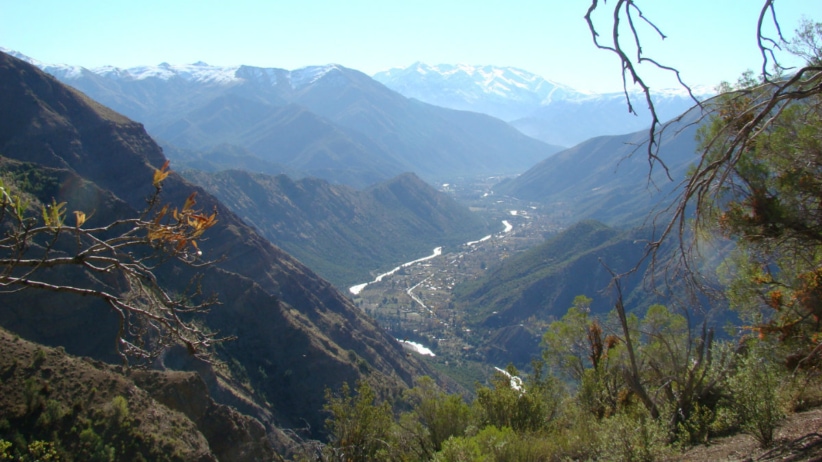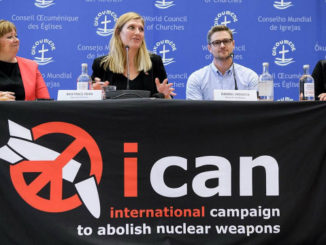
With Brexit unfolding, France and Germany remain the only heavyweights in Europe, and the upcoming elections in these countries influence Chilean politics, too.
In France, the far-right Front National (FN) leader Marine Le Pen and leader of liberal En Marche!, Emmanuel Macron, are battling it out, and Mr Macron is expected to win on May 7. This may calm the liberal commentariat, because Mr Macron is essentially pro-EU, whereas Ms Le Pen would spell trouble for the Union, even if she’d indeed soften her stance on Frexit.
In any case, Ms Le Pen will remain a sizeable force in French politics, the president can’t ignore now less than ever, because the traditional Socialist/conservative parties that held the FN in check imploded in the first round of the election. Therefore, if Mr Macron wants to prevent president Le Pen in 2022 he’ll have to respect her solid anti-immigrant, anti-EU base. Mr Macron seems to have noticed already; and he’ll have a malleable ally in Berlin.
There, the far-right Alternative for Germany (Alternative für Deutschland, AfD), only five years after its founding, will likely enter the Bundestag in September. The AfD’s rise is often linked to the refugee crisis in 2015, but that event merely reanimated a dying patient. The party emerged in 2012 to formulate an alternative to Chancellor Merkel’s ‘politics without alternative’ regarding the Greek bailout. Back then Ms Merkel’s grand coalition wouldn’t tell Germans that their taxes were to save French and German banks that lost big playing Greek lending roulette. During the bailout, the funneling of billions via Greek accounts to teetering banks was hidden under tabloid headlines decrying Greek bus driver and pensioners snoozing away on German money.
Thereby, the Merkel administration helped creating anti-Greek sentiment that thrived on German cultural superiority and soon reached beyond the Greek scapegoat. Germany’s lower working class, already experiencing heighten social insecurity since the reforms of Gerhard Schröder’s Red-Green coalition, took the narrative seriously, as did neoliberal professors and lobbyists, as well as revisionist forces who spit fire only at the margins of society.
Taken together these voices turned into an unsavoury melange the neoliberal professor Bernd Lucke moulded into his Alternative für Deutschland. At first, the neoliberals were in charge and pandered to the crude nationalism by emphasising German thriftiness, while arguing that Greece like any failed company, should exit the market. This tactic, former party heavyweight Hans-Olaf Henkel admitted, ‘created a monster’ that devoured the party and spit the neoliberal globalists out. The AfD’s remaining mix of neoliberal nationalists and revisionists is vividly represented by Alexander Gauland and Alice Weidel, the poster faces for the upcoming election campaign.
The party, similar to the FN, remains staunchly anti-EU, but nurtures the concept of a white, Judeo-Christian European identity that outsiders can never assume for cultural and genetical reasons, and who are therefore excluded from some basic rights.
The AfD’s poll numbers have been falling for the last four months or so, but remain comfortably above the 5 percent threshold to be eligible for parliamentary representation. The party’s presence in the next Bundestag, however, will probably catch more attention because traditional opposition parties aren’t only either in free fall or plotting a timid comeback, like the Greens and liberal FDP, but virtually every opposition party had also been domesticated by Ms Merkel or her regional stalwarts, whereas the AfD hasn’t gone through this process yet. (Neither has the socialist Die Linke, which, however, isn’t as loud and abrasive as the AfD). As politician without convictions, Ms Merkel would continue her tactic of consuming the opposition by digesting its policies. Ms Merkel has already started this process by ramming through immigration reform that includes deportations to war-torn Afghanistan.
Heaving this approach to EU level shouldn’t prove too difficult for Germany and France, so EU reform would plausibly aim to deflate far-right demands targeting aid, market regulation, and immigration.
Chile’s next president therefore is going to deal with a EU that struggles to shut too many ‘foreign’ influences out, and re-evaluates development initiatives in Latin America and Africa. Aid projects are easy targets since they can be abolished at little political cost but with much fanfare. The EU might also become more protectionist and less willing to cooperate with outside actors. Such development could threaten Chile’s export sector as much as the wider regional economy, especially considered that no institution exists on a par with the EU.
Less aid, moreover, will exacerbate humanitarian crises especially in conjunction with climate change and intensify migration. If the EU fortifies further, migration patterns could turn towards Latin America, and specifically Chile with its solid reputation, if not much more. While geography represents a thick obstacle for migrants, it is by no means insurmountable, as Senegalese immigrants in Chile would confirm.
Thus, immigration and more prohibitive access to the most prosperous markets will be key challenges the next government faces, so while engaging with candidates Chilean voters should keep an eye on Europe.



